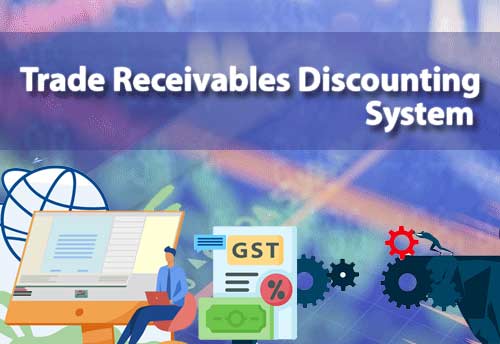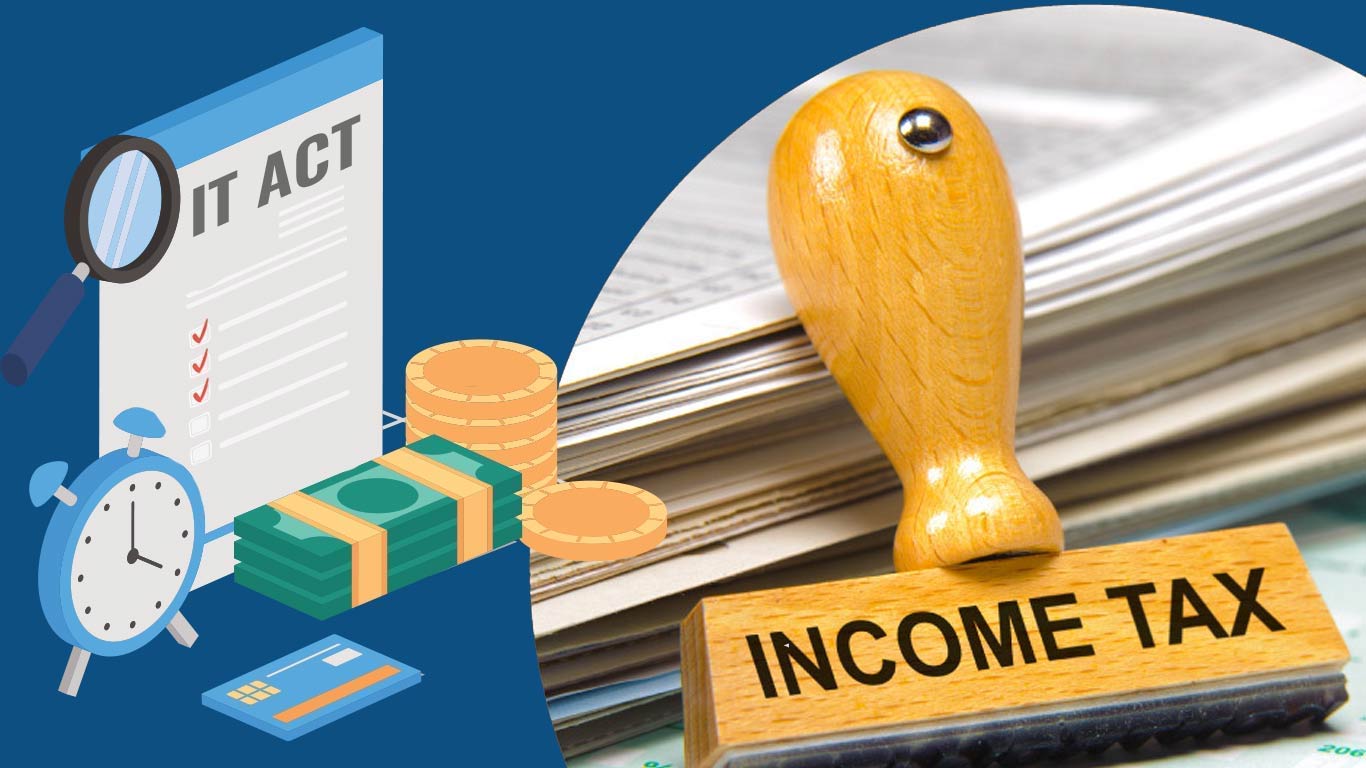Linking GST data with TReDS beneficial for MSMEs & Govt
Updated: Nov 02, 2021 12:17:03pm

Linking GST data with TReDS beneficial for MSMEs & Govt
New Delhi, 2 Nov (KNN) The linking of GST data with Trade Receivables Discounting System (TReDS) is advantageous for both MSMEs and the government, as it will help the latter departments, PSUs, CPSEs, etc, finance their payments to MSME sellers of goods and services.
As per a LiveMint article coauthored by V. Anantha Nageswaran & Mahesh Singarapu are, who are visiting distinguished professor of economics at Krea University; and an Indian Revenue Service officer and deputy director in the Enforcement Directorate, GST system is supposed to develop a rating system for all taxpayers based on their tax compliance and other factors, which may prove valuable for factoring agencies on the TReDS. All these linkages will help digitize the supply chain of MSMEs, making their access to finance much easier.
The approval of GST Council is mandatory for the integration of GST data with the TReDS, hence it is expected that this agenda will be taken up by the council it in its upcoming meetings.
This would improve the accessibility to formal credit for micro, small and medium enterprises (MSMEs).
Majority of the important data on the financial health of these enterprises is obtained through monthly returns, electronic invoices and e-way bills.
Here is where financing mechanisms like the TReDS (, which is an electronic platform for facilitating the financing/discounting of the trade receivables of MSMEs through multiple financiers. These receivables can be due fr0m corporates and other buyers, including government departments and public sector undertakings (PSUs). The receivables are confirmed by buyers through invoices (‘factoring units’) uploaded by MSMEs on the TReDS.
Confirmed invoices are bid for by financiers, which include banks or non-bank lenders. Once an MSME selects the best bid, it gets paid by the financier at the agreed rate of financing/discounting. Later, the financier collects the payment fr0m the buyer.
While reviewing the Factoring Regulation (Amendment) Bill, 2020, the Parliamentary Standing Committee on Finance, also recommended that the GST e-invoices above a certain threshold should flow directly to the TReDS platform.
Till August 2021, around 750 million e-invoices, issued by 136,000 suppliers for almost 6.1 million recipients had been generated. These are big numbers, considering there are 24,000 MSMEs registered on the TReDS. Through the electronic filing of returns, the GST regime brought MSMEs into formal channels of compliance.
“However, they still need to be brought into formal credit channels by integrating the GST architecture with the TReDS and Udyam,” stated Nageswaran & Singarapu.
Since these records are generated by the buyers themselves, there is no additional need to verify them again on the TReDS platform and can directly be used as a factoring unit (the system’s nomenclature for invoices and bills of exchange) at the will of the supplier.











